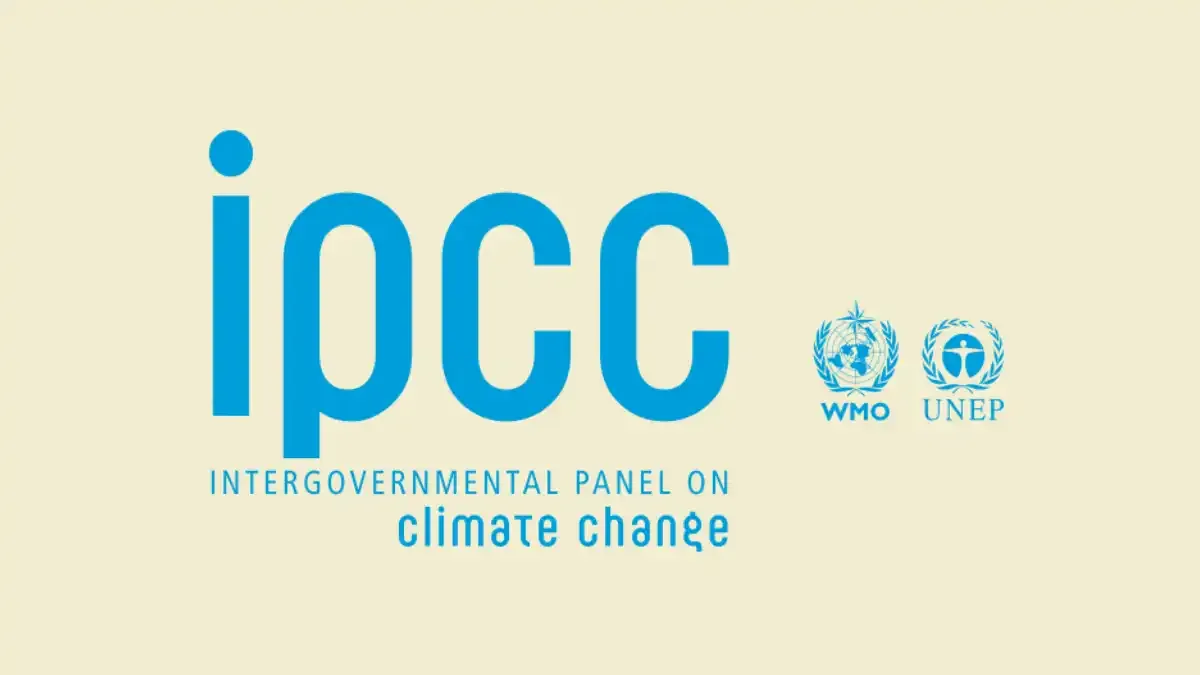In the face of escalating environmental concerns and the pressing need for global action to combat climate change, the Intergovernmental Panel on Climate Change (IPCC) plays a pivotal role in shaping policies and strategies for a sustainable future. This article will delve into the significance of the IPCC, its functions, and the impact it has on international efforts to combat climate change.
What is the IPCC intergovernmental panel on climate change?
The IPCC is a United Nations body established in 1988 with the primary goal of assessing scientific information related to climate change and providing policymakers with comprehensive reports. Comprising scientists, experts, and representatives from governments around the world, the IPCC operates on a consensus-based approach to gather and evaluate the latest research on climate science, impacts, adaptation, and mitigation.
Why is the IPCC intergovernmental panel on climate change Important?
- Scientific Authority: The IPCC serves as a reputable and authoritative source of information on climate change. Its assessments are based on a thorough review of thousands of scientific studies, ensuring accuracy and reliability.
- Global Collaboration: With participation from countries worldwide, the IPCC promotes international collaboration on climate-related issues. This ensures that diverse perspectives and expertise contribute to a comprehensive understanding of the challenges and potential solutions.
- Policymaker Guidance: The IPCC's reports provide policymakers with crucial insights into the current state of the climate, future projections, and potential impacts on ecosystems and societies. This information guides the development of effective policies to address climate change at local, national, and international levels.
- Public Awareness: The IPCC's work contributes significantly to raising public awareness about climate change. By translating complex scientific findings into accessible language, the IPCC helps inform and engage the global community in the fight against climate change.
What are the main points of the IPCC?
- Assessment Reports: The IPCC periodically releases assessment reports that synthesize the latest scientific knowledge on climate change. These reports cover various aspects, including the physical science basis, impacts, adaptation, and mitigation strategies.
- Special Reports: In addition to assessment reports, the IPCC produces special reports focusing on specific topics, such as the effects of global warming of 1.5 degrees Celsius and the implications for biodiversity.
- Technical Papers: The IPCC publishes technical papers that delve into specific scientific or technical aspects of climate change, providing in-depth information for policymakers and researchers.
Impact on Global Climate Action:
The IPCC's influence extends beyond the scientific community, significantly impacting global climate action.
- International Agreements: The IPCC's reports often serve as the scientific foundation for international agreements and commitments, such as the Paris Agreement. Policymakers rely on the IPCC's assessments to set ambitious targets for reducing greenhouse gas emissions.
- Policy Formulation: National and regional governments use IPCC reports to inform their climate policies and develop strategies to address the impacts of climate change.
- Research Priorities: The IPCC's assessments help guide research priorities by identifying gaps in knowledge and areas that require further investigation, fostering ongoing advancements in climate science.
Conclusion:
As the world faces unprecedented challenges posed by climate change, the IPCC intergovernmental panel on climate change stands as a crucial pillar in the global effort to address this crisis. By providing policymakers with reliable and comprehensive scientific assessments, the IPCC plays a vital role in shaping policies that aim to create a sustainable and resilient future for generations to come. As individuals, communities, and nations work together, the guidance provided by the IPCC will continue to be instrumental in navigating the complexities of climate change and building a more sustainable world.
| Organization | Website |
|---|---|
| IPCC (Intergovernmental Panel on Climate Change) | Website |
FAQ's
Q: What is the Intergovernmental Panel on Climate Change (IPCC)?
A: The IPCC, established in 1988, is a United Nations body composed of scientists, experts, and government representatives. Its primary purpose is to assess and synthesize scientific information related to climate change and provide policymakers with comprehensive reports to inform global climate action.
Q: What are the main points of the IPCC?
A: The IPCC focuses on assessing the latest scientific knowledge on climate change, including the physical science basis, impacts, adaptation, and mitigation. It operates on a consensus-based approach, involving global collaboration to produce authoritative reports that guide policymakers and the public in addressing climate change.
Q: What are the IPCC recommendations for climate change?
A: The IPCC provides recommendations through its assessment reports, special reports, and technical papers. These recommendations cover a wide range of areas, including strategies for mitigating greenhouse gas emissions, adapting to the impacts of climate change, and fostering international cooperation. Policymakers use these recommendations to shape effective climate policies at local, national, and international levels.
Q: What are the key findings of IPCC 2023?
A: The IPCC releases assessment reports periodically, and as of my last knowledge update in January 2022, I don't have specific information on the key findings of the IPCC 2023. However, you can find the latest and most accurate information by referring to the official IPCC website or other reliable sources for updates on the IPCC's most recent assessments and reports.
